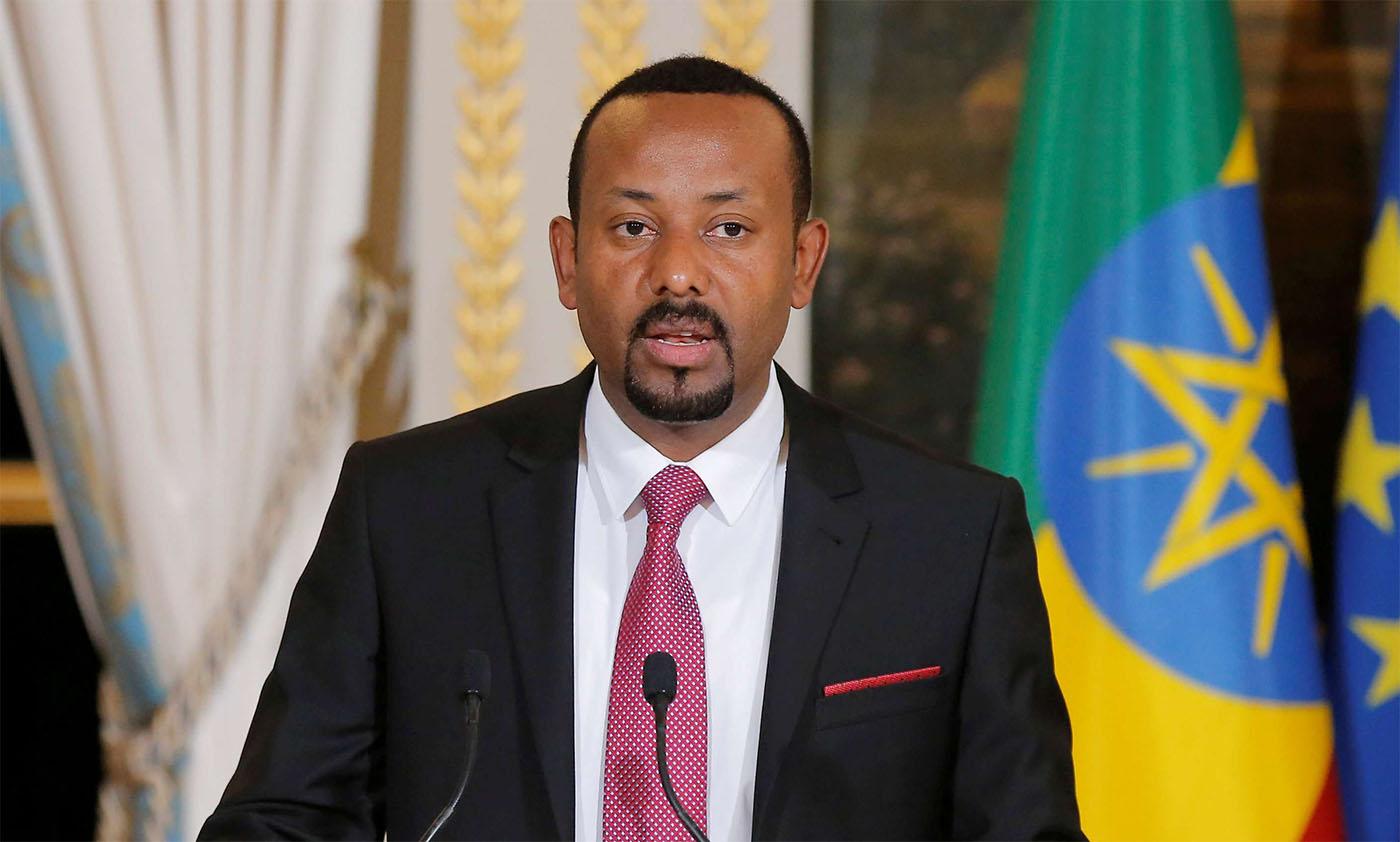
African leaders have arrived Saint Petersburg ahead of the second Russia-Africa Summit, which kicks off today. 49 African delegations and 17 heads of state will take part in the two-day summit and economic forum.
Russian President Vladimir Putin will meet with African leaders in St. Petersburg in a piece of diplomatic theater designed to portray Russia as a great power with many global friends, despite its war in Ukraine.
But only 16 African heads of state will attend — fewer than half of the 43 who came to the first Russia-Africa summit in 2019, according to presidential aide Yury Ushakov, a disappointment for the Kremlin despite a flurry of diplomatic efforts in Africa and a sign of dismay in African nations about a war that has raised food and fuel prices, hurting vulnerable populations.
Vice President Kashim Shettima will be representing President Bola Tinubu at the summit. An additional 10 African states are sending prime ministers, Ushakov said.
Kremlin spokesman Dmitry Peskov blamed the West for the reduced number, claiming there had been “absolutely unconcealed brazen interference of the United States, France and other states” to dissuade them from attending. “This is a fact, this is outrageous.”
Putin, sending greeting to the participants, said Africa is asserting itself as one of the poles of the emerging multipolar world, which is visible through the positive changes available in the manufacturing, agriculture, transport infrastructure, energy, health care and education sector.
In his statement released yesterday, he said Russia supports the aspirations of African states for socio-economic stability and progress, adding that the forum would ensure relations become multidimensional and comprehensive.
“It is important that in recent years our cooperation with Africa has reached a new level. We intend to further develop it: to stimulate trade and investment, to deepen cooperation, to work together on such pressing issues as the fight against poverty, training a modern workforce, food security, and climate change. And of course, we will continue to assist our African partners in every possible way in strengthening their national and cultural sovereignty, and in playing a more active role in addressing regional and global issues.”
The top issues expected to be discussed are food security and the Wagner military group’s future on the continent. They would also discuss issues of expanding business cooperation between Russia and African countries, and will talk about export potential in the face of the new challenges, as well as the programmes and projects currently underway in Africa.
The Integrated Security and Sovereign Development block of the business programme of the Second Russia–Africa Summit and Russia–Africa Economic and Humanitarian Forum will start with a panel discussion titled International Security in Times of Geopolitical Instability: Cross-Party Cooperation.
Deputy Chairman of the Federation Council of the Federal Assembly of the Russian Federation for International Affairs, Andrey Klimov, would moderate the session.
Among the speakers will be; Deputy Chairman, Federation Council, Federal Assembly of the Russian Federation, Konstantin Kosachev; President of the Republic of Zimbabwe, Emmerson Mnangagwa; Secretary-General of the South West Africa People’s Organisation, Sophia Shaningwa; Secretary General of the Gabonese Democratic Party, Steeve Dieko; Permanent Secretary in Charge of Defence and Security and Member of the Political Bureau of the Congolese Labor Party of the Republic of the Congo, Aristide Ngakosso Ngama and others.
Kilmov said, “In the highly turbulent world of today, where the old geopolitical reality has been shattered, and the new one has yet to take shape, threats to global security are on the rise. These threats span from military conflicts to food shortages, energy crises, uncontrolled migration flows, and the actions of criminal terrorist groups. The African continent, in particular, is gaining more prominence on the world’s political map. Unfortunately, the countries of the ‘global North’ continue to pursue aggressive neo-colonial policies in Africa, posing significant challenges to the countries of the ‘global South’.
“Understanding the extent of these threats, their implementation, the resulting consequences, and the strategies to counter them while promoting constructive global development will be the central focus of our discussion.
“Our partners and I have ongoing confidential meetings, conversations, and exchanges of opinions.”






